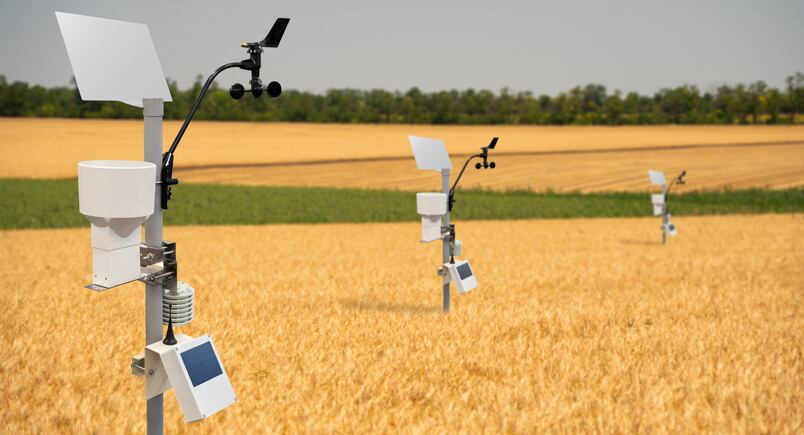According to the NGO, this will allow companies to source from participating farms, trace those ingredients through their supply chains, and leverage farm data by the regulation’s deadline to prove that they have a system in place to assess and mitigate deforestation risks in their supply chains, at no additional cost.
The regulation will require companies and traders placing products that contain any of the seven deforestation-risk commodities – including coffee and cocoa – on the EU market, or exporting them from the EU, to prove by 30 December 2024 that these products do not originate from land deforested after 31 December 2020.
Leveraging its globally recognised certification programme, the Rainforest Alliance helps farmers collect and process crucial geo-coordinates for their farms. This information is vital for the accurate mapping of deforestation risks, with the analysis conducted at farm level using Geographic Information System (GIS) technology.
How it works
The process integrates Rainforest Alliance’s proprietary AI remote sensing forest data alongside other publicly available and government data sources to map deforestation risks, which improves accuracy compared to relying solely on open-source data methods.
Farmer groups then use these risk maps for their own internal deforestation checks, particularly in high-risk areas. As an additional layer of assurance, independent, third-party auditors use these maps to conduct risk-based verification of no-deforestation, as mandated by the Rainforest Alliance Sustainable Agriculture Standard. The combination of traceability, proprietary AI forest mapping, and auditing offers a unique solution to coffee and cocoa companies.
“The Rainforest Alliance has been working to tackle tropical deforestation in global supply chains for more than 35 years,” said Michelle Deugd, Director of Forests and Agriculture. “Traceability has always been the backbone of that approach. Building on these foundations we’ve worked hard to fast-track the alignment of our certification programme with the new regulations, including proprietary AI remote sensing data for mapping deforestation risks.”
More support for small-holder farmers needed
The organisation is now calling for more support for smallholder farmers to ensure they are not unintentionally excluded from the EU market.
The Rainforest Alliance said it has supported the regulation since its inception, while actively campaigning to highlight the genuine risk of unintentionally leaving farmers behind in the compliance race. To guarantee successful implementation without negatively impacting smallholders around the world, the Rainforest Alliance calls on companies and legislators to ensure smallholders are supported to adapt to the new requirements, preventing their exclusion from the EU market.
“We have a unique opportunity to step up our collective efforts to tackle deforestation while protecting the livelihoods of smallholder farmers,” concluded Michelle Deugd. “By working together, we can ensure that the EUDR is a win-win for both people and nature.”
In the coming year, the Rainforest Alliance said will continue to develop its offerings for farmers and companies whose supply chains must meet the obligations of EUDR. Mid-2024, it will roll out the data reporting for companies using the Rainforest Alliance EUDR offering for certified cocoa and coffee supply chains. Additionally, efforts will be made to create solutions for companies purchasing non-certified cocoa and coffee.




